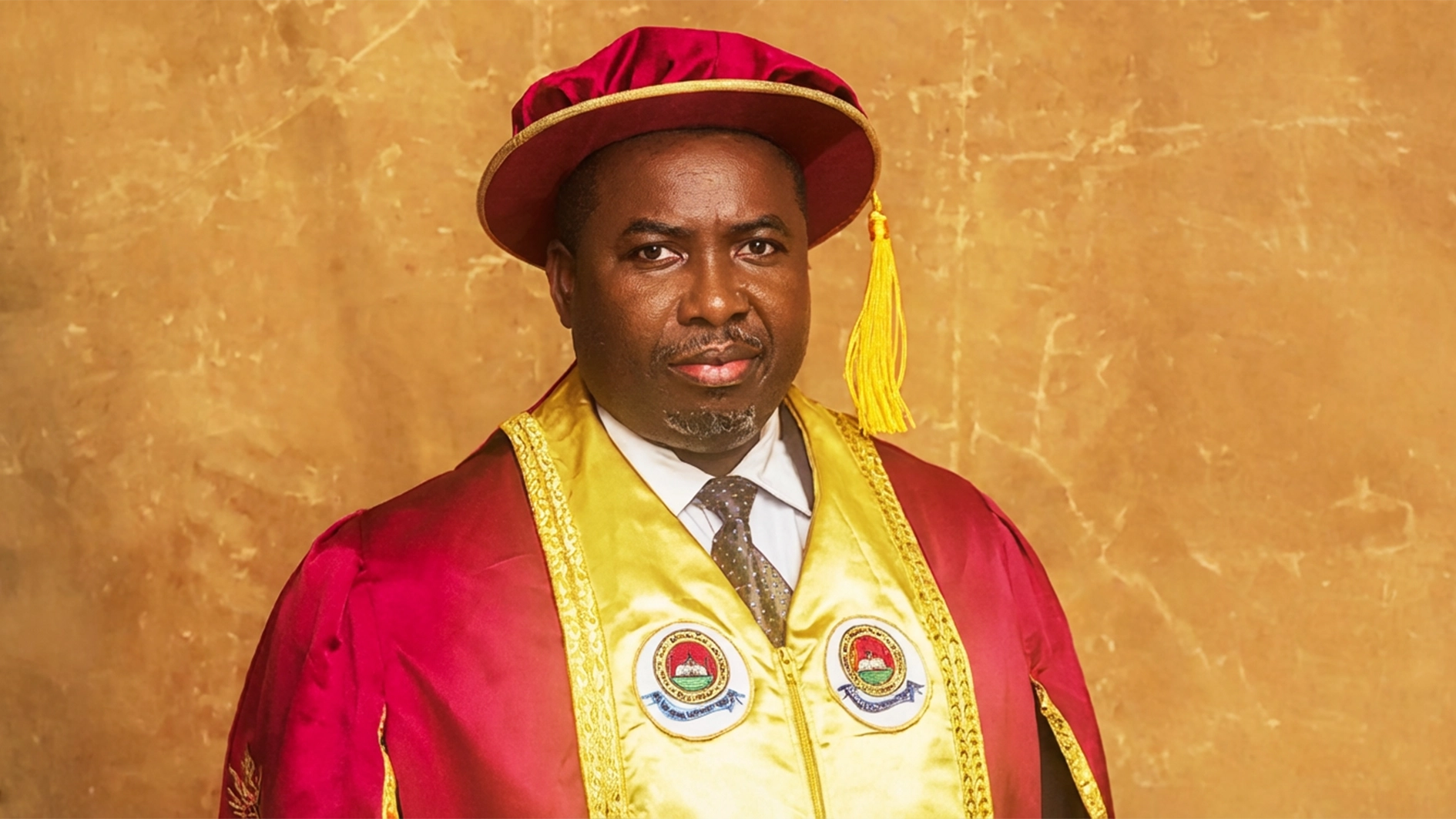
Almost consistently, the governors get their state development priorities wrong, as can be seen from yearly budgetary allocations specifically in the most recent examples on public health and education. The World Health Organisation (WHO) recommends that governments spend 5 per cent of their yearly budgets on health. In its wisdom, the African Union (AU) agreed in the 2001 Abuja Declaration to 15 per cent. This sensible decision is for at least two good reasons: first, health is the first form of wealth for a person as well as for a nation; sick people cannot at all be productive for development and progress. Second, among the continents of the world, Africa lags miserably behind and has a lot of catching up to do concerning public health.
A look at some of the states’ budgets reveals disappointing attention to the health of their citizens. In the 2025 budget, Lagos State allocates a meagre 6.79% of its huge N3.36 trillion to the health sector; Bayelsa State 2.77% of its 689.4 billion; Katsina State 6.34% of its N682 billion, Enugu allocates 4.72% of its N971 billion, and Ogun State 13% of its N1.054 trillion. However, a few states have earned their respect by meeting or exceeding the AU recommendation. Kano State is putting 16.5% of its N549.16 billion 2025 budget into the health sector; Kaduna 16.07% of N790 billion, and Abia State 15% of its N750.2 billion.
The point to note in these allocations is that as good and bad leadership is a matter of character, a state chief executive sets priorities according to this character. This point remains valid regarding the states’ allocation to education, the primary instrument to develop their human capital which, it is trite to say, is the most important asset of any nation.
The United Nations Educational, Scientific, and Cultural Organisation (UNESCO) recommends that countries allocate a minimum of 15% (but preferably up to 26%) of annual budgets to the education sector. The amounts dedicated to this critically important sector by successive governments in Nigeria can only be described as embarrassing. Consider the following in their 2025 budgets: Lagos State at 6.93% and Bayelsa at 6.83%. These abject allocations can only be described as contemptuous of the National Policy on Education (NPE) 2013. Section 155 requires that at least 26% …of the Federal, State, and Local Government budgets should be dedicated to funding education at all levels. Even the Federal Government is in breach of its own documented policy. The 2025 budget allocates only 7% of its N49.74 trillion to education.
However, some human development-minded state chief executives are doing what is right for their people. Enugu State budgets 32.99%, Kano State 31%, Abia State 20%, Kaduna State 26.14%.
An association is only as honourable, purposeful and impactful as the quality of its members. Regardless of its mission statement, the ‘sharing of good practices’ among the governor members of the NGF is more remembered for the humongous retirement benefits they copied from one another. The avowed ‘cooperation with other arms of government’ is practised more as crude interference, arm-twisting, and blackmail of other arms government. To behave as a potentate over a conquered electorate is a far cry from the promotion of ‘good governance’.
The NGF does not even function as ‘a strong, non-partisan institution’. It appears more like a collection of –narrow sub-national interest groups such as The Southern Governors’ Forum, the Northern Governors’ Forum, the South-South Governors’ Forum, and even the PDP Governors’ Forum. With such fragmentation, how can it achieve a unity of purpose? These governors do not show the maturity nor the sagacity to cooperate meaningfully in the interest of their peoples, within their regional groups such as BRACED and the NDDC in the South-South, DAWN in the Southwest, and the SEDC in the Southeast.
But of course, the NGF does agree on some things, such as self-serving issues as stiff resistance to the federal government’s attempt to break governors’ literal stranglehold on the local councils, and, in a not too distant past the refund of foreign loan deductions, and related matters. However, the governors have been found wanting on such more urgent matters as the creation of state police to strengthen local security, a transparent peer review mechanism that reveals outstanding improvement in internally generated revenue, prudent management, and judicious application of resources.
It is axiomatic that not everyone in a leadership position is necessarily a leader. We should say directly: governors and all persons in public office urgently and desperately need to learn leadership skills so that, among many other failings, they feel a sufficient sense of shame not to educate their children abroad and seek medical care in foreign lands.
Chief Edwin Clark urges the NGF to revisit its vision, reform itself, and adhere more faithfully to its stated mission. This is a piece of timely advice that only the governors who do it can bring to pass. And it will be wise of them to heed his words of wisdom.
Alas, in a systemically dysfunctional state where to borrow from Barbara Tuchman, people in government gain power over others only to lose it over themselves, it is possible to avoid the current ‘persistence of unwisdom’ among high officials at all levels of government.
Concluded.






